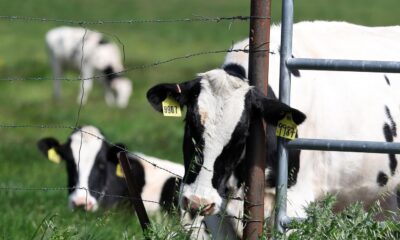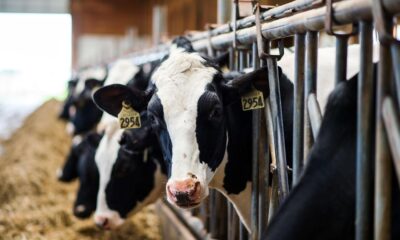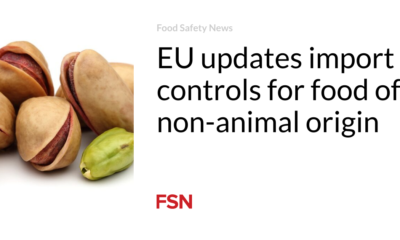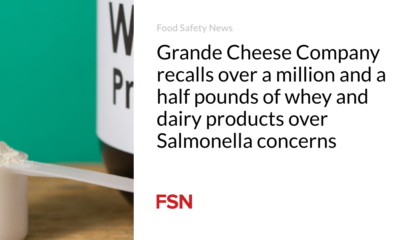Food
The EU is assessing Bosnian and Greek dairy controls
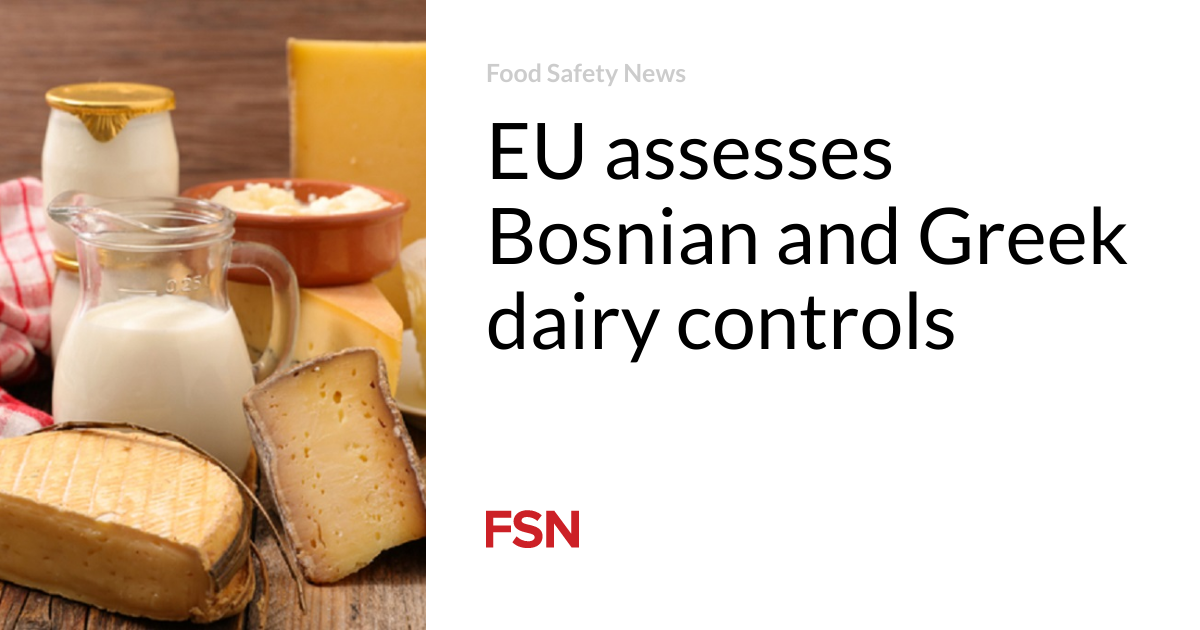
The European Commission’s Health and Safety Unit has published two reports examining controls on milk and dairy products in Bosnia and Herzegovina and Greece.
An audit in Bosnia and Herzegovina in June 2023 by DG Sante revealed major problems with controls on products intended for export to Europe, and made six recommendations.
Bosnia and Herzegovina is authorized to import certain consignments of milk and dairy products derived from raw milk into the EU. It also has an approved control plan for pharmacologically active substances, pesticides and contaminants in milk.
The visit showed that authorities have not established procedures to enable effective cooperation and coordination, including planning and reporting of the results of official controls, enforcement and follow-up. However, this is partly mitigated as a result of regular controls by the lead authority on EU-listed establishments.
Because the national requirement for milk collection centers to be registered is not consistently enforced, raw milk from unregistered and unapproved sites is being used to make products destined for the EU, auditors said.
They also found that raw milk criteria for plate count or somatic cell count are not consistently enforced, resulting in the acceptance of non-compliant raw milk for dairy processing.
Bosnian authorities suspended the certification of one of the three companies visited after the auditor found that non-compliant milk was routinely processed into dairy products for export to the EU. This problem had been identified by three subsequent audits by the central authority, but had not been identified or properly enforced by any local authority or official veterinarian. The suspension was in effect until proper separation of compliant and non-compliant milk had been implemented and monitored by the main authority.
Greek findings
During DG Sante’s audit in Greece in March 2023, it was said that there was an adequate framework for official controls, but ten recommendations were made. National rules require the pasteurization of milk and cream before placing it on the market for direct human consumption, and of milk used for the production of cheese.
Official controls are planned on a risk basis. However, they are affected by shortcomings in access to sufficiently trained staff, coordination between authorities, the approval of establishments, the actions taken when non-compliances are identified and the verification of the effectiveness of controls.
Some documents stated that companies had been approved for activities that they did not carry out. Most companies visited had not notified authorities of significant changes in their operations, or the notifications had been submitted after years of using the new equipment or facilities.
In one region, the official control carried out by the Hellenic Food Authority (EFET), following the approval of a new establishment, revealed several cases of non-compliance that gave rise to administrative and criminal proceedings, and the site was eventually closed.
“The long timeframe for the first official post-approval control – combined with the fact that competent authorities do not always see establishments in operation before approval – may lead to delayed detection of inadequate practices by food business operators and putting them into service of new facilities without timely and adequate controls by the competent authorities,” the audit report said.
Inspections on dairy farms were satisfactory in some respects. However, they were not effective in identifying hygiene deficiencies and did not require the company to take action to prevent recurrence of minor problems.
EFET took 224 samples of dairy products for analysis between 2019 and 2021. Two of these were non-compliant: one due to Listeria monocytogenes in a cheese sample and the other due to Staphylococcus aureus.
Between 2019 and 2022, five warnings related to milk and dairy products of Greek origin were reported in the RASFF. The audit team reviewed two cases issued after detecting pathogens in cheese. A delay was noted in communication with the local level.
In one case, the authority did not allow the company to analyze the root cause. The authority also considered that other end products could not support Listeria’s growth, although the company was not asked to demonstrate this.
In the other case, auditors said recalled products were placed on the internal market following the company’s negative Shiga toxin-producing E. coli test results, which does not take into account the uneven distribution of microbiological contamination.
(To sign up for a free subscription to Food Safety News, click here.)

